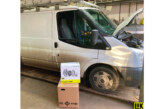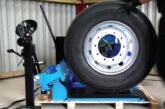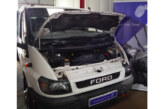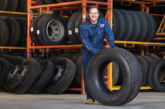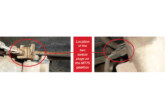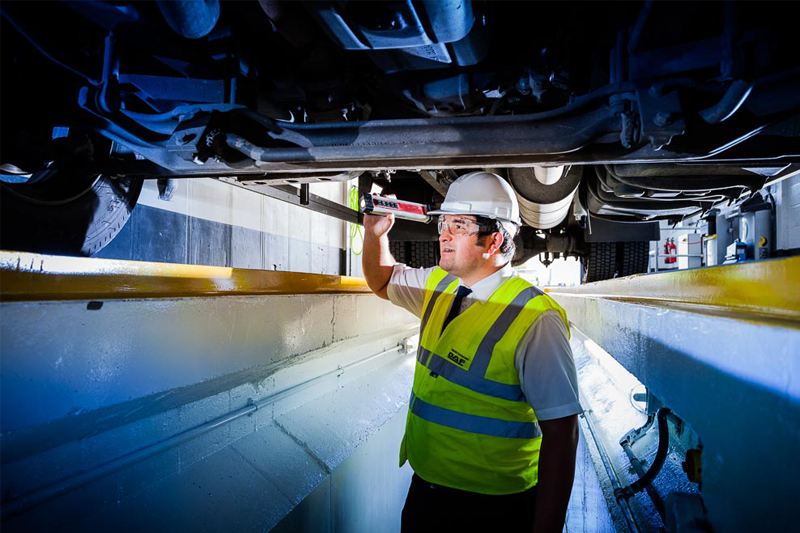
Since the DVSA’s Earned Recognition scheme was introduced last April, it appears to have been a success. So far, there are 239 operator licences on the scheme, and the agency is in contact with operators who are interested in joining on a regular basis. Dave Wood, DVSA Enforcement Policy Manager, provides further insight.
A lot has been written about the standards expected of operators, but what do technicians and workshop staff need to know about them?
You have a role to play
We, the DVSA, want to make it clear to workshop staff and technicians that it’s not just up to their employers and managers to maintai standards; they have a responsibility too. Whilst Earned Recognition relies on operators putting strict systems in place, those systems are worthless without skilled, dedicated, conscientious staff willing to put them into action.
Making a success of maintenance systems
The Earned Recognition scheme is based on two key principles:
■ Effectively managing transport
■ Compliance with the operator licence requirements
It is vital that operators put proactive, preventative maintenance systems in place and ensure that vehicles are roadworthy in order for them to meet the standards for Earned Recognition. For workshop staff, this means rigorously sticking to the maintenance regime set down by their employer.
Keeping your skills sharp
Operators need to make sure their vehicle maintenance workshop staff and any third party maintenance providers are technically competent, up to date and have adequate facilities to maintain their fleet.
If you’re a member of workshop staff for an Earned Recognition operator, or an operator looking to get on Earned Recognition, you should take steps to make sure your skills are up to scratch, which can involve enrolling on a course or taking the latest training. As with all professions, it’s vital you’re up to date with the latest developments and techniques, and that you have the correct independent accreditation.
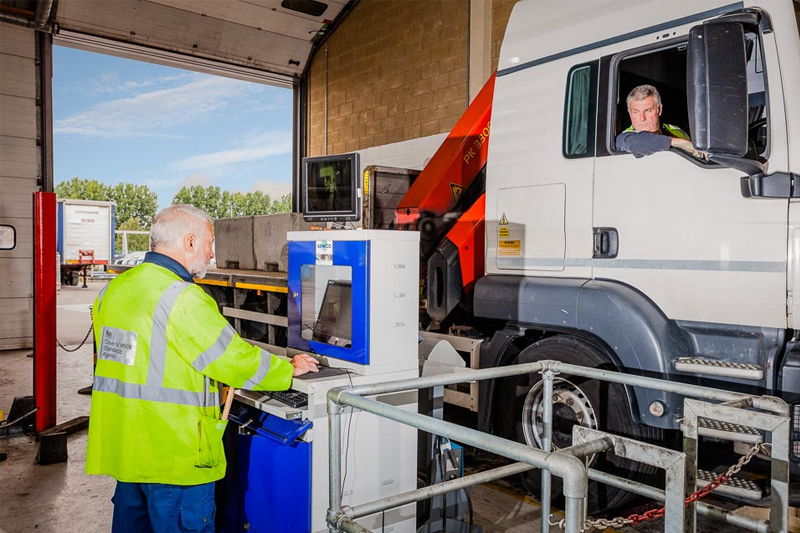
How to help with KPIs
Earned Recognition operators have a set of key performance indicators (KPIs), which help inform the operator on how their management systems are performing. Operators will monitor their performance with electronic systems on the following maintenance KPIs:
■ Having a complete set of safety inspection records
■ Safety inspections are completed correctly and the vehicle has been signed off as roadworthy
■ Safety inspections are completed at the correct frequency
■ Driver reported safety defects are recorded and appropriately actioned
■ MOT pass rate
All of these KPIs directly rely on technicians and workshop staff. Their diligence, skill and attention to detail are integral to their employer being a successful Earned Recognition operator.
Summing up
To sum up, road safety relies on everyone involved with vehicle maintenance doing their part – from drivers reporting defects, and technicians correctly inspecting and repairing vehicles, through to managers ensuring compliance and quality.
Each part of this system is vital in keeping vehicles safe to drive.


